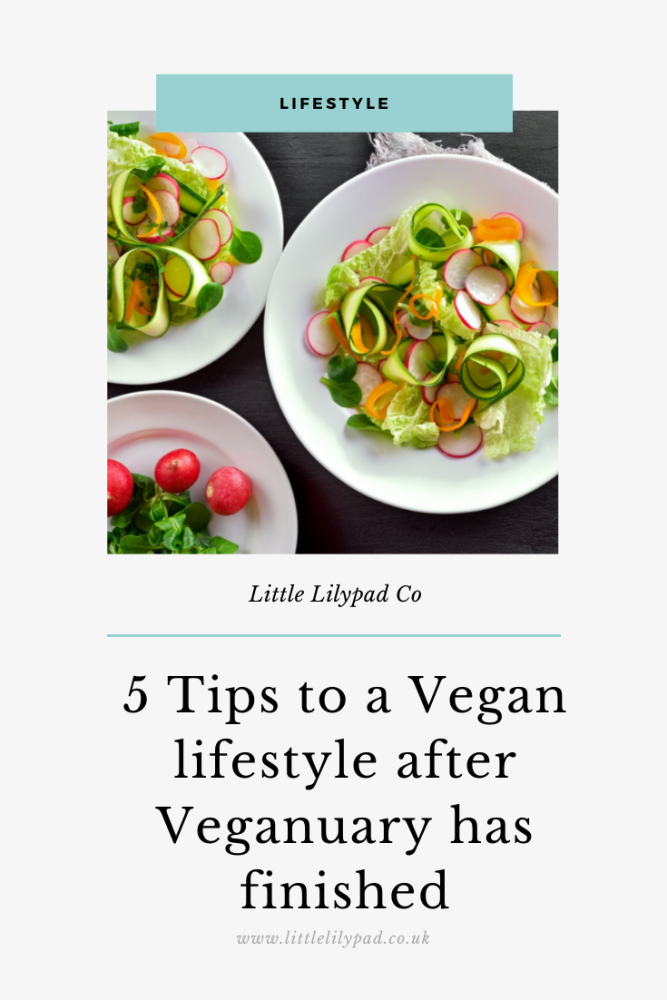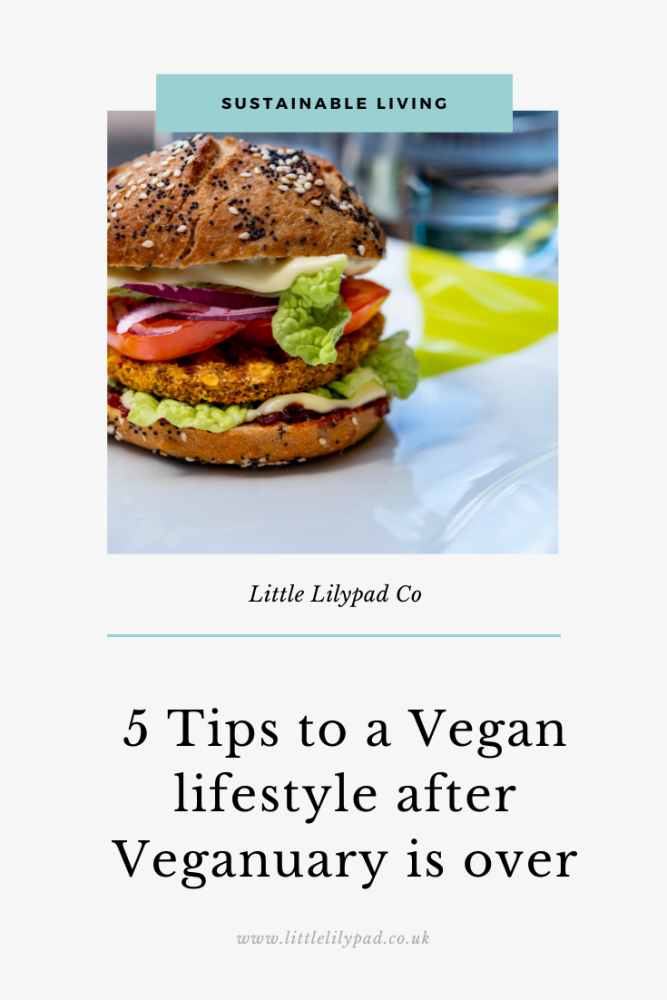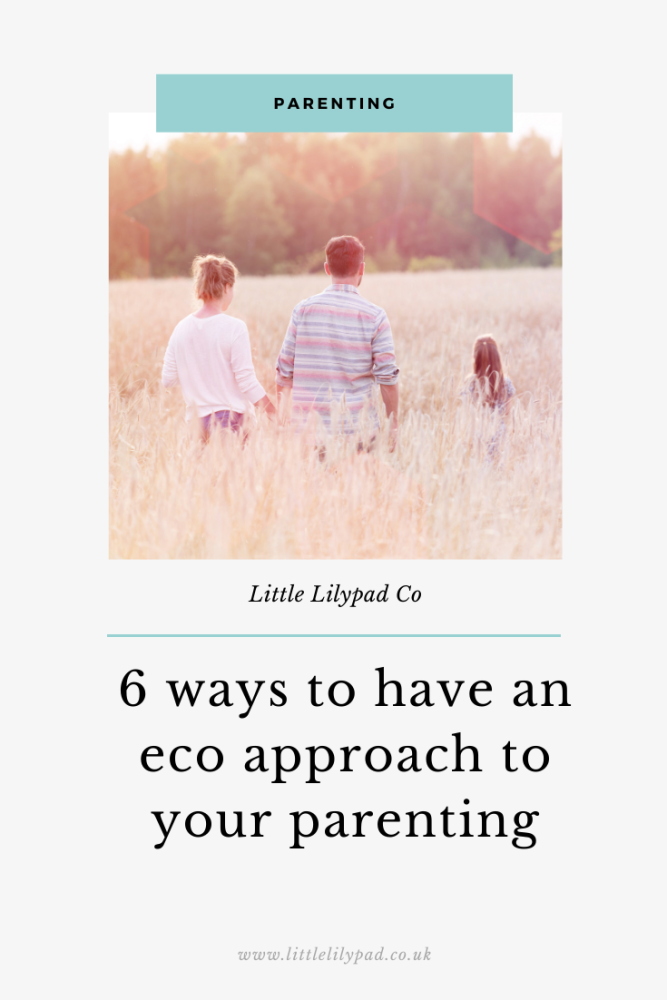5 Tips to a Vegan lifestyle after Veganuary has finished
Posted on
Veganuary is a new concept that encourages people to try a vegan diet throughout the month of January but what happens as January ends?

With there being a lot more focus on sustainability one way you can do that is reducing or even stopping any meat and meat product consumption within your household. However, going completely vegan may seem like a bit of a challenge. So if you have enjoyed vegan choices during Veganuary or you are hoping to making more of a switch to vegan here are some of the tips to help you stick with it.
Be organised
One of the best things you can do is to be organised with your food and drinks shopping lists. Make a note of products you use regularly and then do online shops so that you won’t be caught out buying something in a store that isn’t vegan. Some of the hardest things to spot are the items that are not obviously vegan, such as alcohol, for example. Shopping online gives you the chance to check the finer print to ensure the products you are buying are vegan.
Meal plan and batch cook
Another temptation you might find is those days and evenings when you are unsure what to cook or you have prepared something in advance. Those are the times people are more likely to call for a takeout option or be more tempted to not make a vegan meal. Instead meal plan and batch cook where possible. Don’t give yourself an opportunity to fail.
Cookbooks can be useful
Often people find it difficult to stick with a vegan diet because they are unsure of what to cook or don’t feel as inspired in the kitchen. This is where cookbooks can be useful. One option would be to invest in a decent vegan cookbook but if you are wanting to just try things out then a great option is to check out your local library. You might be surprised what cookbooks are there and it will give you the incentive to try some out before the book needs to be returned. Plus if you like the book you could always buy it.
Let people know what you are doing
It is important to let your friends and family know that you are embarking on a vegan diet and lifestyle. If you can, try and get the whole family on board as this can make it easier when cooking meals and provides you less temptation. Your friends can also encourage you and help you to stay on track.
Is this just about the food or the lifestyle?
Something to think about is whether Veganuary is just about the food and drink you consume or is it about the lifestyle? This means making further changes such as the things you wear or have in your home. Many people start with food and drink and progress on to other areas of their lives. You need to ensure that you think about whether the things you have are made from animals or animal products.
Making more sustainable and vegan food choices doesn't have to be overwhelming, making small changes can make a huge difference to you and the planet.







